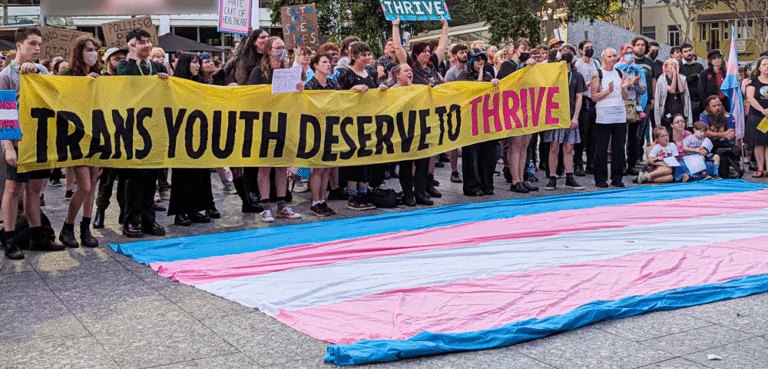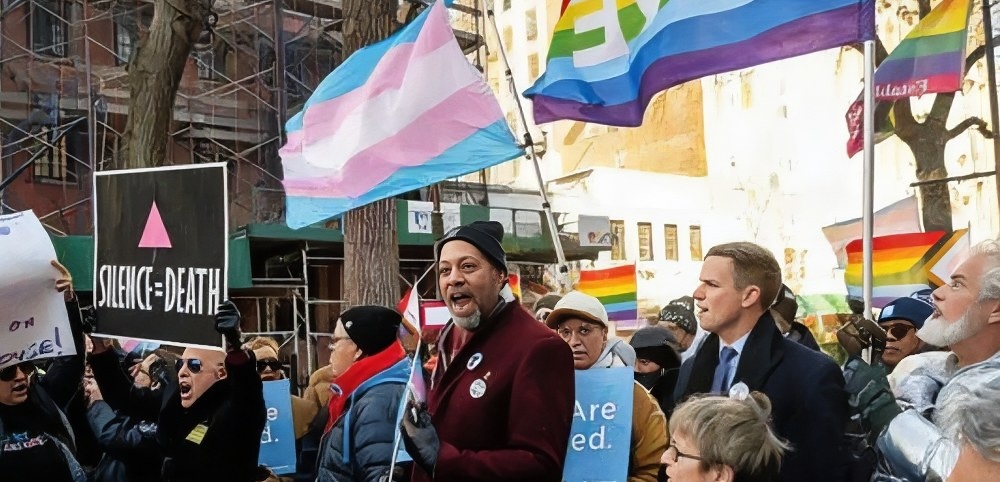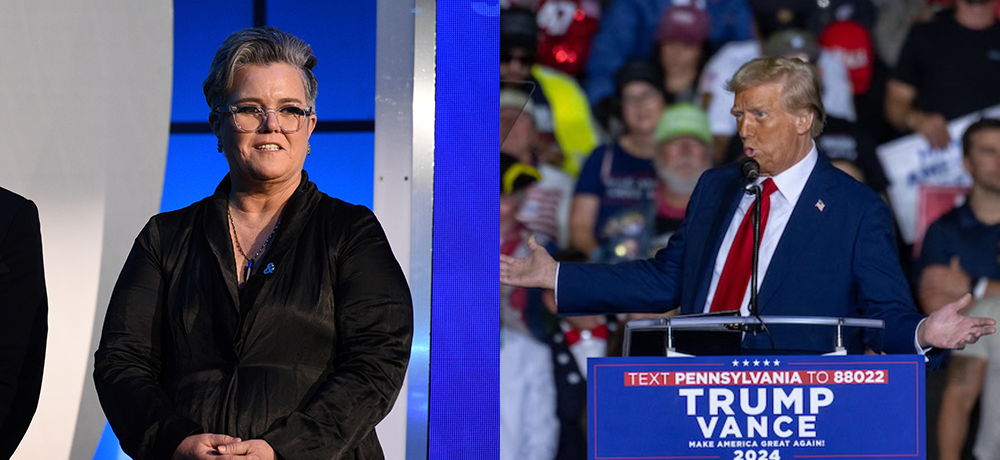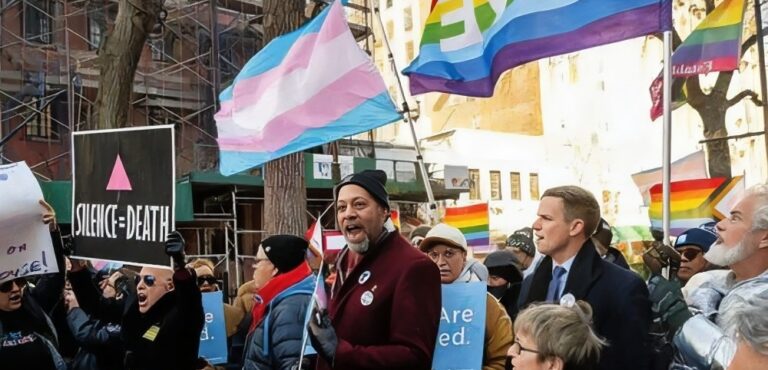
Singapore To Decriminalise Homosexuality, But Will Ban Gay Marriages
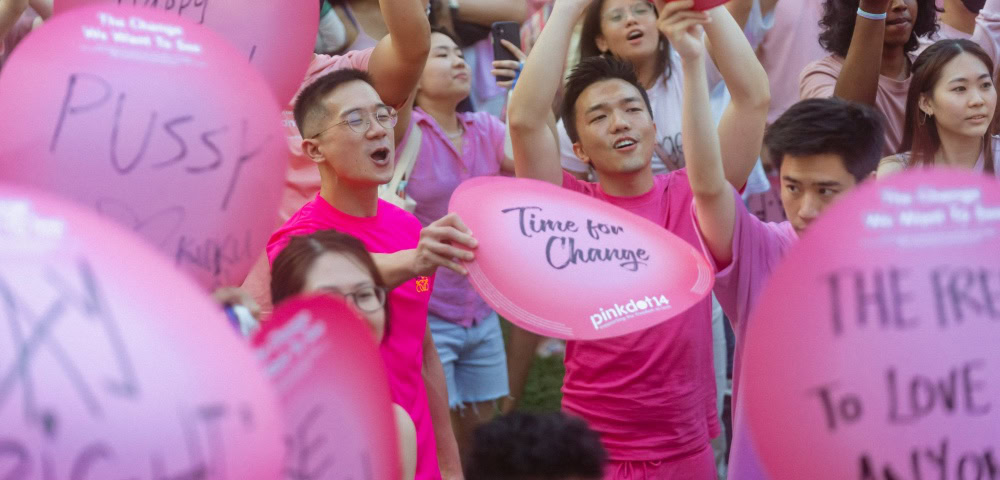
Singapore will repeal section 377A of its penal code and decriminalise sex between men, Prime Minister Lee Hsien Loong said on Sunday, August 21. However, in his National Rally Day speech, the Prime Minister shut the door to other law reforms for the LGBTQI community, especially gay marriages.
Prime Minister Lee indicated that the country will amend its constitution to preserve the definition of marriage as one between a man and a woman, in order to avoid future legal challenges.
“I believe (repeal) is the right thing to do, and something that most Singaporeans will now accept. This will bring the law into line with current social mores, and I hope, provide some relief to gay Singaporeans,” PM Lee said.
The Prime Minister spoke about reconciling and striking the right balance between “traditional mores of our society” and “the aspiration of gay Singaporeans to be respected and accepted”.
“This will help us to repeal S377A in a controlled and carefully considered way. It will limit this change to what I believe most Singaporeans will accept, which is to decriminalise sexual relations between consenting men in private,” he said.
“But it will also keep what I believe most Singaporeans still want, and that is to retain the basic family structure of marriage between a man and a woman, within which we have and raise our children.”
Repeal Of Section 377A Long Overdue
In a joint statement, LGBTQI advocacy and health groups including Pink Dot Singapore, welcomed the decision to repeal section 377 A as “long overdue”, but expressed disappointment at the move to bar gay Singaporeans from getting other civil rights.
“A society without Section 377A is a society that is more progressive, not just for LGBTQ+ people, but for everyone. No one is free until everyone is free. This is a win for humanity,” the statement said.
“The repeal of Section 377A, while long overdue, is a significant milestone and a powerful statement that state-sanctioned discrimination has no place in Singapore,” said the organisations, while acknowledging that for many victims of the law, the proposed reforms have come too late.
“To the past victims of Section 377A and its cascading effects, including those who have faced threats of police entrapment, raids and criminal charges, repeal will never be able to fully right the historic wrongs that you faced. To others whom we have lost along the way, we have not forgotten the heavy toll that this law has exacted on you and your loved ones.”
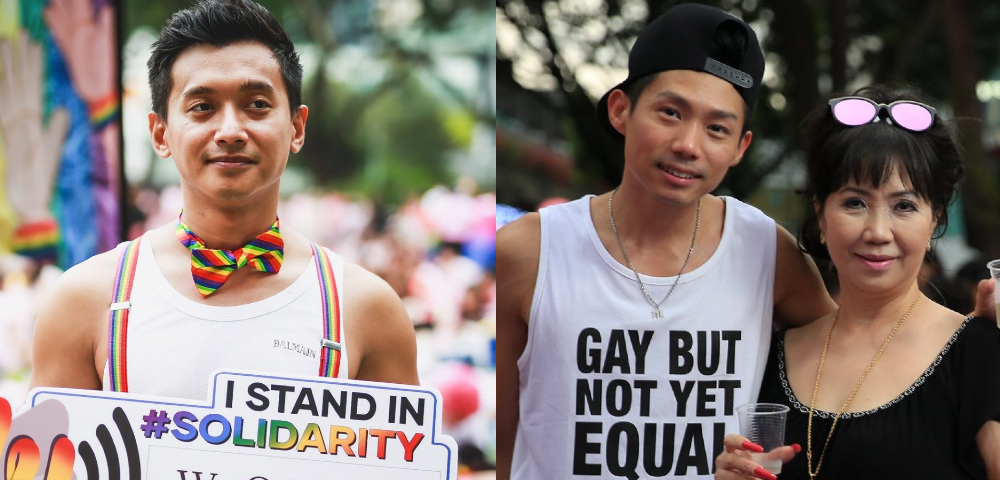
Backlash From Religious Organisations, Conservative Politicians
The government’s move to maintain status quo with regard to the definition of marriage, appeared to be an attempt to pacify religious organisations and conservative politicians opposed to equal rights for LGBTQI communities.
“Any move by the government to introduce further legislation or constitutional amendments that signal LGBTQ+ people as unequal citizens is disappointing,” the statement said, adding, “We urge the government not to heed recent calls from religious conservatives to enshrine the definition of marriage into the Constitution. Such a decision will undermine the secular character of our Constitution, codify further discrimination into supreme law, and tie the hands of future Parliaments.”
View this post on Instagram
The organisations admitted that there would be potential backlash to the moves to repeal section 377A. “Our immediate priorities in the wake of Section 377A will be to tackle the areas of discrimination that we continue to face at home, in schools, workplaces, and in housing and health systems.”
“We must, in the face of potential backlash, strengthen ties within our community and look out for one another. To our queer communities and allies – the repeal of Section 377A is our hard-won victory, a triumph of love over fear,” the statement said.
In 2007, Singapore’s Parliament had repealed Section 377 of the penal code, which criminalised oral and anal sex between consenting adults. Section 377A, which criminalised sex between men was however not removed. The law does not apply to women.




